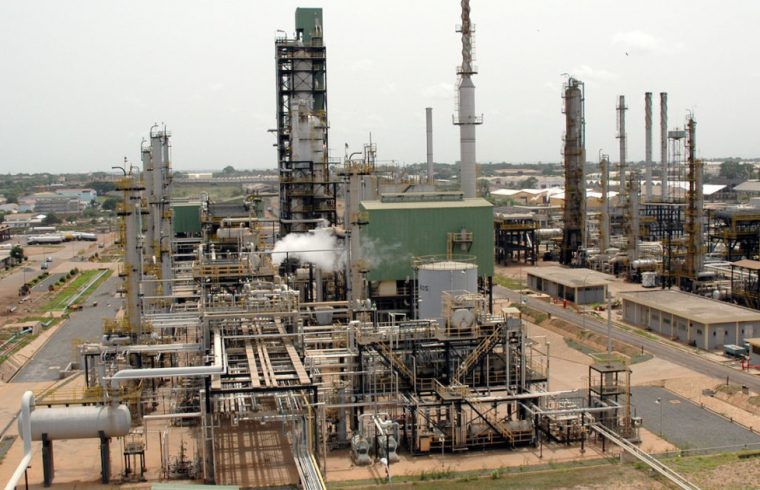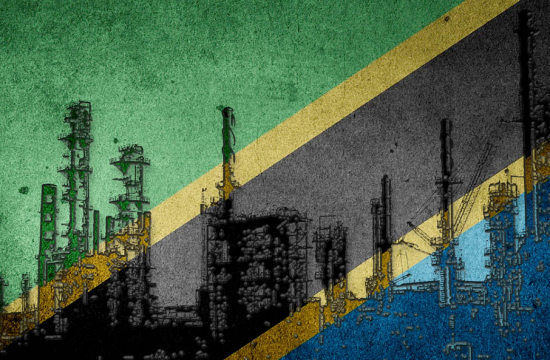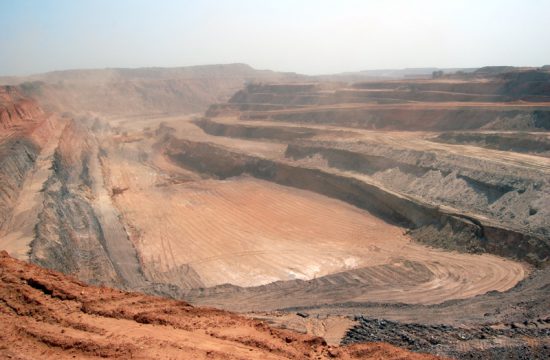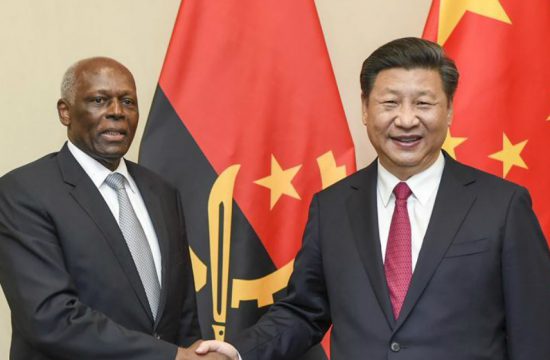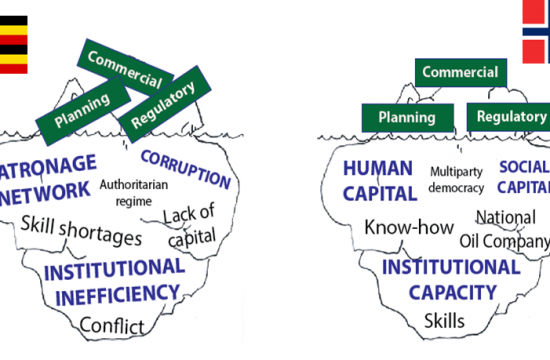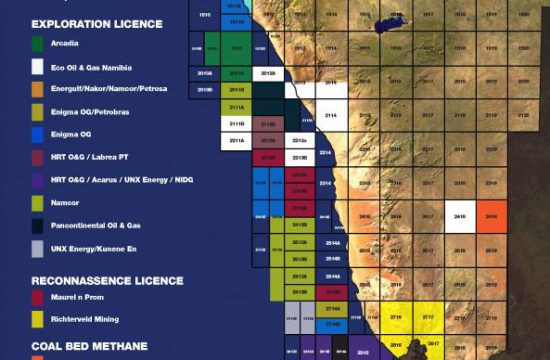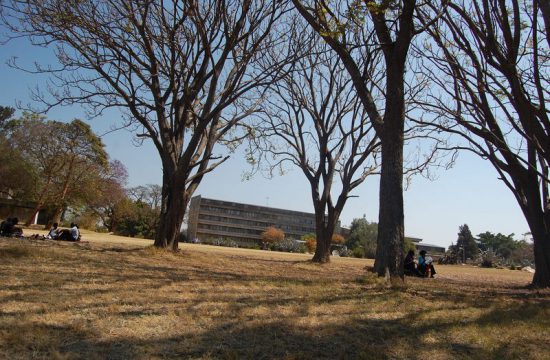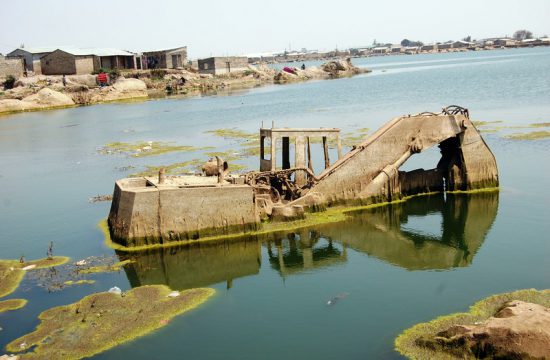The main objective of the project was to investigate the impact of discovery and exploration of oil on the economic development of countries classified as the second generation of the African petro-states. The most recent data suggests that Ghana could be among the fastest growing economies in the world in 2011 with the growth rate at 20%. These predictions are based on the assumption that the growth will be fueled by the proceeds from oil which begun to be explored commercially in December 2010. The success of Ghana is clearly contingent on the stability of Ghanaian political, economic and social institutional set up before and after the first barrel of oil was pumped. The participants of the project set out to determine whether Ghana is to become an another victim of the so-called resource curse, repeating the Nigerian scenario, or the strategy adopted by the government allows the country and its society to benefit from the recent oil find.
The project was headed by dr Andrzej Polus from the Institute of International Relations, University of Wroclaw. It was carried out in the team that involved dr Andrzej Polus, dr Dominik Kopiński and Wojciech Tycholiz. Their findings were published in an article:
Kopiński, Dominik, Andrzej Polus and Wojciech Tycholiz. 2013. “Resource curse or resource disease? Oil in Ghana.” African Affairs 112(449): 583-601
ABSTRACT
Ghana has recently joined the ranks of oil-producing states with a projected output of 120,000 barrels per day. This has greatly elevated hopes among the general public, but also sparked fears of a ‘Nigerian scenario’ in which oil becomes a problem rather than a solution. This article argues that Ghana, as a latecomer to the oil industry, may possess a structural immunity against the natural resource curse. The argument centres on three main factors: the country’s stable political system, its relatively robust and diversified economy, and the strength of civil society. As a result, the usual symptoms linked to oil extraction across the developing world are unlikely to turn the country upside down. Instead, we suggest that the ‘curse’ should be perceived as a treatable ‘disease’. The article pursues this analogy by showing that, since the discovery of oil, Ghana has been strengthening its ‘immune system’ through a new legal framework, improvements in transparency and accountability, and modest attempts to strengthen non-resource sectors of the economy

